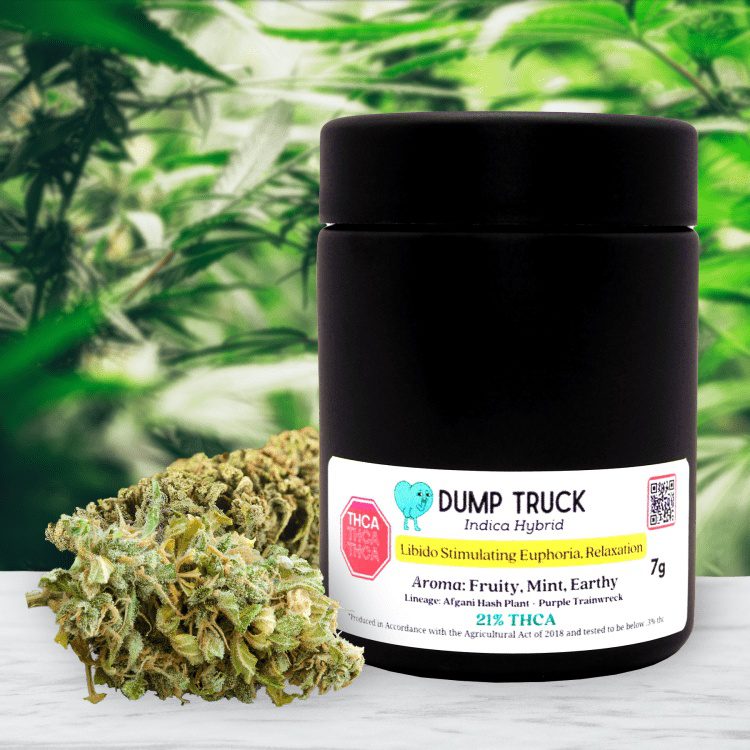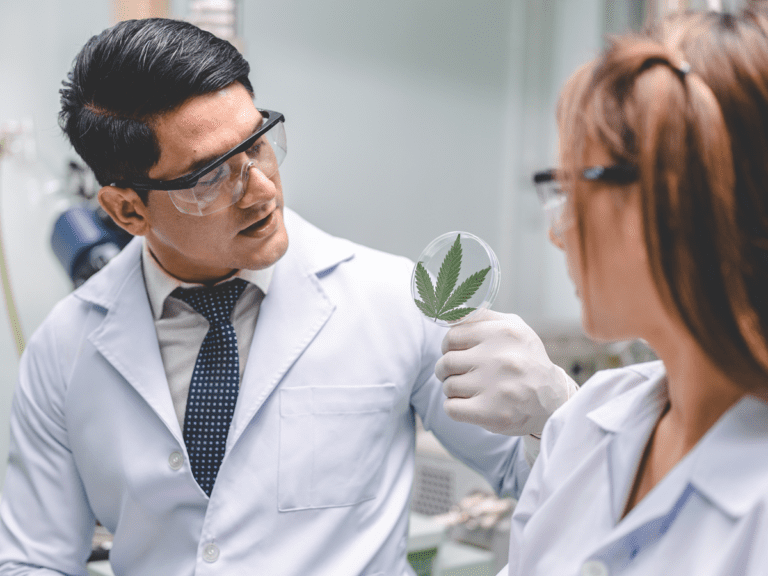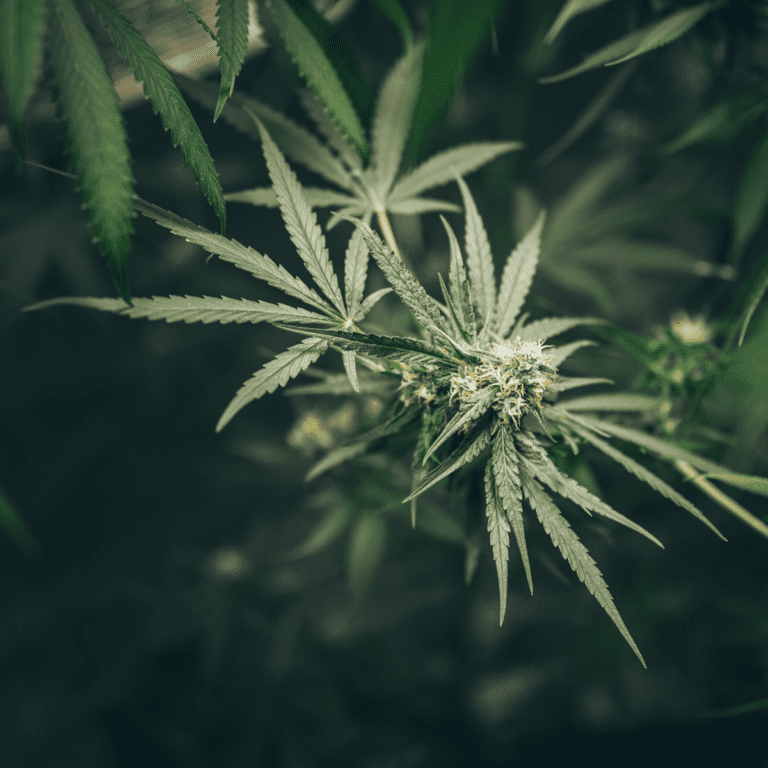Why are Delta 8 Products so Controversial?
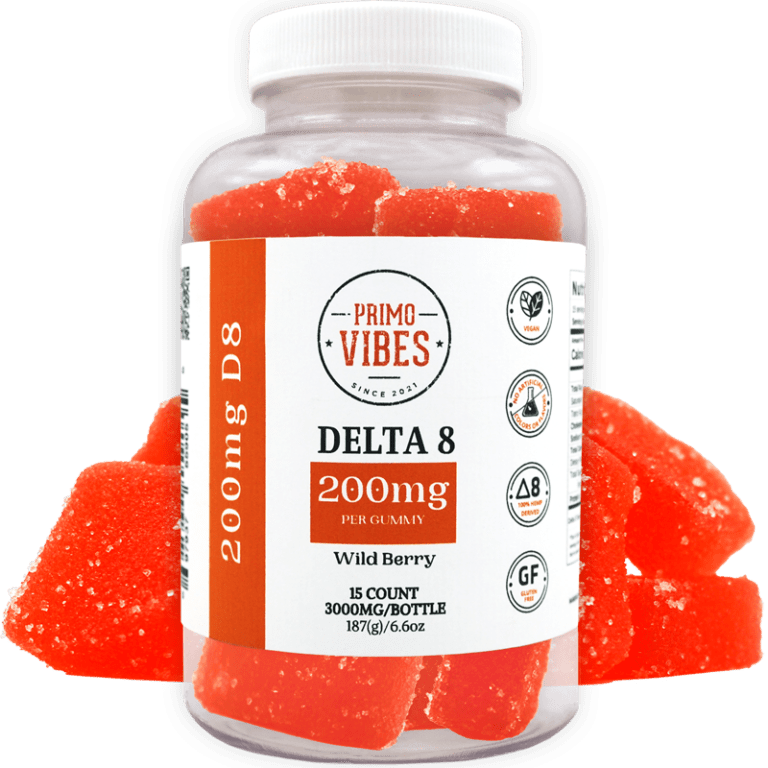
Chances are, you have heard something regarding hemp-derived Delta 8 products in the news. There has been a considerable amount of controversy surrounding this cannabinoid and the products made from it in recent years. But if Delta 8 products are considered legal, then why are they so controversial? Let’s take a closer look.
What is Delta 8?
Delta 8 is one of the handful of THC cannabinoids found within the hemp plant. Unlike CBD or CBN, Delta 8 produces psychoactive properties that result in a “high” sensation. While hemp plants produce less THC than their cousin, marijuana, cannabinoid isolate products have hit the hemp market, bringing hemp-derived THC products to the masses.
According to information published in the second volume of Comprehensive Natural Products, Delta 8 possesses relaxation, euphoric, and appetite simulating properties. Many individuals consume Delta 8 products for the psychoactive properties produced by the cannabinoid in addition to these other properties. Delta 8 is usually by using a vape product, smokable hemp flower, or some form of edible.
It is important to remember that Delta THC cannabinoids impact each individual differently. Starting with a smaller serving size and then adjusting until the desired effects are achieved is recommended. Those with pre-existing medical conditions or on prescription medication should consult with their physician before incorporating Delta 8 into their routine.
Is Delta 8 legal?
Under the 2018 Farm Bill, hemp products that test under the .3% THC threshold are considered legal. Legal hemp products must undergo third-party testing to ensure they adhere to all federal and state regulations.
However, it is important to note that each state has hemp laws that build upon federal legislation. Some state laws have different laws concerning what ingredients can be used in hemp products, how much THC is legally permitted, and what kind of hemp products are allowed. For information regarding your state’s laws concerning hemp products and Delta 8, please contact the governing body that oversees the hemp program for your state.
At the time of this writing, details of the 2023 Farm Bill have not yet been announced. Some speculation includes the possibility of the federal THC limit being raised to 1%. This comes after farmers and boutique growers have expressed concern that the THC potency limit is too low. They argue that the current THC potency threshold leaves no margin for error and a hailstorm could damage a crop enough to cause the THC potency to rise above the .3% amount.
What's the Deal with Delta 8 Products?
If hemp products test within the legal guidelines, then why are they so controversial? This is a fair question. Because Delta 8 produces psychoactive properties, it has become popular in states without a legal cannabis program.
Many lawmakers see this as a loophole and assume that hemp products cannot produce a “high” sensation in those that use them. However, all hemp plants contain some amount of THC cannabinoids, with legal programs governing the THC potency from plant to product. Constantly expanding research has expanded our knowledge of Delta 8, as well as the other plethora of cannabinoids found within the hemp plant. This research has shed light on the fact that regulation surrounding hemp and the products made from it need to evolve also.
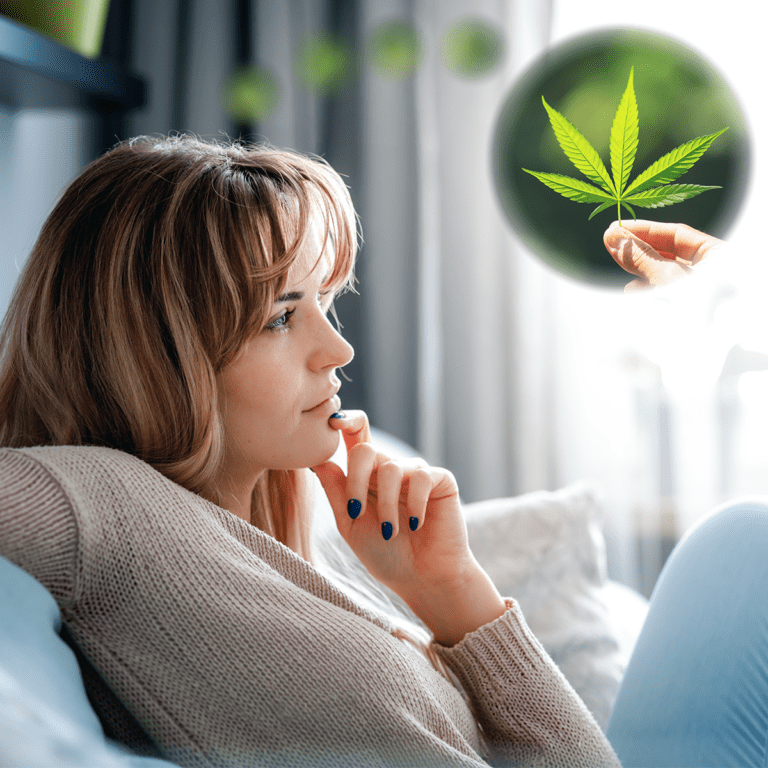
Controversy also extends to the fact that Delta THC cannabinoids are the main component that has kept marijuana federally illegal for the past 100 years. The production of hemp-derived THC products has created a new field in which we as a society will have to learn to navigate. At the time of this writing, the legality of Delta THC products derived from hemp is dependent upon the state the products are in.

